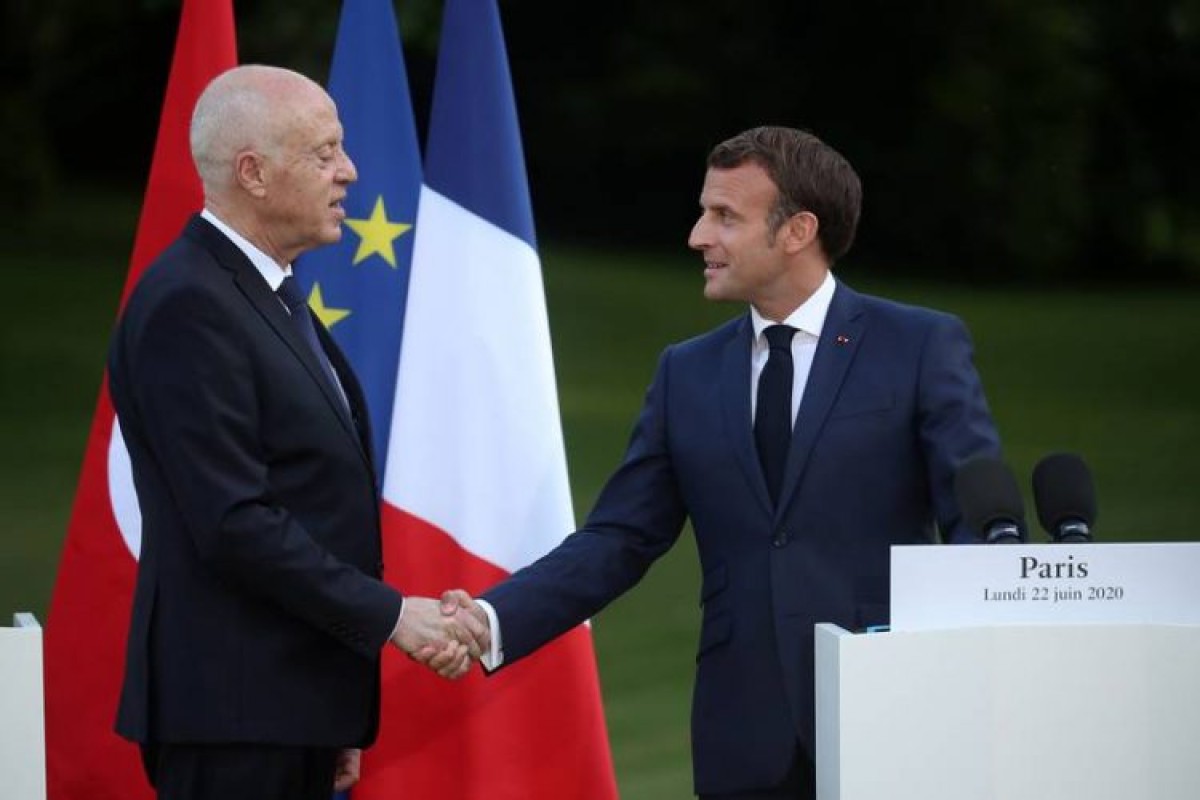 332
332
Widespread protests erupted in Tunisia when the drafting committee for the country’s new constitution refused to incorporate Islam as the state religion, heightening concerns about further stoking social tensions across the Arab nation.
The National Consultative Authority for the Preparation of the Constitution of Tunisia’s so-called “New Republic,” led by jurist Sadok Belaid, professor emeritus at the University of Tunis, said it would present the controversial draft to Tunisian President Kais Saied, which has no reference to Islam as the state religion, allegedly to confront Islamic-oriented parties such as the Ennahda Movement.
In an interview with AFP, Belaid asserted, without providing any supporting evidence for his claim, that “80% of Tunisians are against religious extremism and the use of religion for political goals,” adding that the state would intervene if religion is used for political extremism.
President Kais Saied himself has long opposed the first article of the 2014 constitution, which stipulated that “Tunisia is an independent and sovereign state, with Islam as its state religion, Arabic as its official language, and the republic its political structure.”
According to political commentators, the US-backed Kais Saied is attempting to distribute political gifts to the loyal and obsequious followers of his campaign against political Islam, placing them in the highest positions of the state, forgetting that the nation is on the brink of an economic abyss and social unrest, with no attention paid to averting the impending socio-economic perils and a sad return to Ben Ali’s reign of terror and dictatorship.
Furthermore, legal experts in Tunisia believe that the sycophant officials picked by Saied lack expertise and competence in changing the constitution and that they were chosen only for their party affiliations.
Rafik Abdel Salam, a senior member of the Ennahda Movement, responded to Belaid’s controversial remarks by stating, “Of the outcomes of the 2011 Jasmine Revolution, which ushered in freedom and dignity for citizens and belonged to all Tunisians, was the 2014 constitution.” However, Belaid and the far Left parties, who abhor religion and spirituality, assume that political Islam is the exclusive realm of the Ennahda Movement.”
Mr Abdel Salam added that these staunch secular politicians [Belaid and his circle] harbour a deep-rooted hatred vis-à-vis Islam, and they seek to settle their animosity by amending the constitution.
Similarly, Yosri Dali, head of the Political Bureau of the Dignity Coalition Party, which has Islamic leanings, said in a statement to the Al-Araby Al-Jadeed news network on Tuesday, “This decision is a clear message to the West to support Tunisian authoritarian president Kais Saied and his clique by embracing Western Islamophobia.”
“Belaid’s statements are not impulsive, and he is well aware of what he is saying,” Mr Dali continued, explaining that they constitute a message of reassurance, a plea, and a cry for support from the West in supporting Saied’s campaign to eliminate Tunisia’s political Islamic opposition parties.
According to Dali, “Those who were invited to dialogue with Belaid, which many consider as a complete farce, and those who were involved in re-writing the constitution were members of the extreme Left.
“This approach will exacerbate the social crisis, deepen the social faultline, and restore the identity conflict that was resolved in the 2014 constitution,” the head of the Dignity Coalition Party’s Political Bureau warned, noting that changing the constitution would be a provocation to the majority of Tunisians who are devout Muslims.
Comment
Post a comment for this article